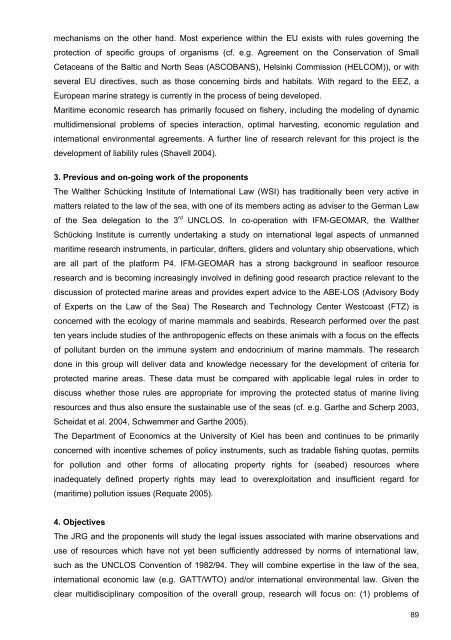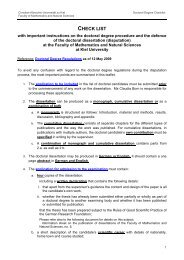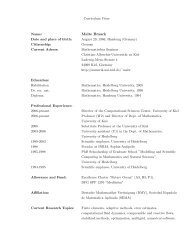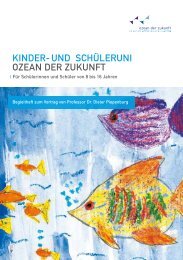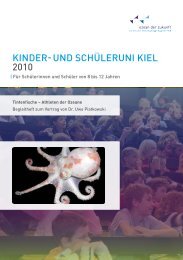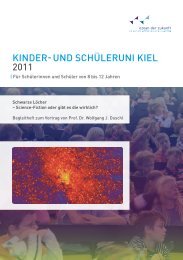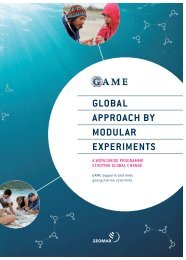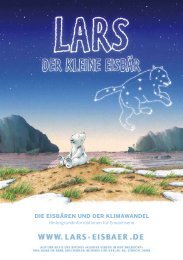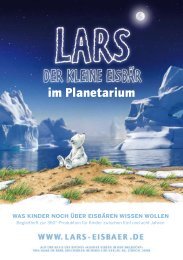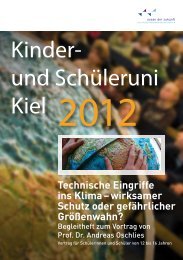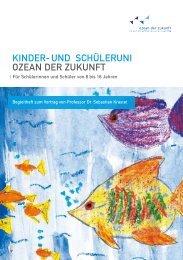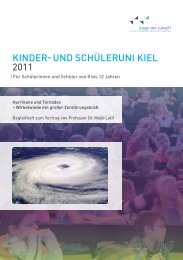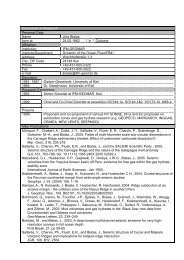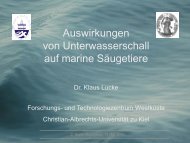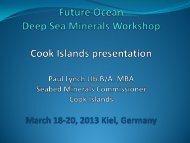Untitled - The Future Ocean
Untitled - The Future Ocean
Untitled - The Future Ocean
- No tags were found...
You also want an ePaper? Increase the reach of your titles
YUMPU automatically turns print PDFs into web optimized ePapers that Google loves.
mechanisms on the other hand. Most experience within the EU exists with rules governing theprotection of specific groups of organisms (cf. e.g. Agreement on the Conservation of SmallCetaceans of the Baltic and North Seas (ASCOBANS), Helsinki Commission (HELCOM)), or withseveral EU directives, such as those concerning birds and habitats. With regard to the EEZ, aEuropean marine strategy is currently in the process of being developed.Maritime economic research has primarily focused on fishery, including the modeling of dynamicmultidimensional problems of species interaction, optimal harvesting, economic regulation andinternational environmental agreements. A further line of research relevant for this project is thedevelopment of liability rules (Shavell 2004).3. Previous and on-going work of the proponents<strong>The</strong> Walther Schücking Institute of International Law (WSI) has traditionally been very active inmatters related to the law of the sea, with one of its members acting as adviser to the German Lawof the Sea delegation to the 3 rd UNCLOS. In co-operation with IFM-GEOMAR, the WaltherSchücking Institute is currently undertaking a study on international legal aspects of unmannedmaritime research instruments, in particular, drifters, gliders and voluntary ship observations, whichare all part of the platform P4. IFM-GEOMAR has a strong background in seafloor resourceresearch and is becoming increasingly involved in defining good research practice relevant to thediscussion of protected marine areas and provides expert advice to the ABE-LOS (Advisory Bodyof Experts on the Law of the Sea) <strong>The</strong> Research and Technology Center Westcoast (FTZ) isconcerned with the ecology of marine mammals and seabirds. Research performed over the pastten years include studies of the anthropogenic effects on these animals with a focus on the effectsof pollutant burden on the immune system and endocrinium of marine mammals. <strong>The</strong> researchdone in this group will deliver data and knowledge necessary for the development of criteria forprotected marine areas. <strong>The</strong>se data must be compared with applicable legal rules in order todiscuss whether those rules are appropriate for improving the protected status of marine livingresources and thus also ensure the sustainable use of the seas (cf. e.g. Garthe and Scherp 2003,Scheidat et al. 2004, Schwemmer and Garthe 2005).<strong>The</strong> Department of Economics at the University of Kiel has been and continues to be primarilyconcerned with incentive schemes of policy instruments, such as tradable fishing quotas, permitsfor pollution and other forms of allocating property rights for (seabed) resources whereinadequately defined property rights may lead to overexploitation and insufficient regard for(maritime) pollution issues (Requate 2005).4. Objectives<strong>The</strong> JRG and the proponents will study the legal issues associated with marine observations anduse of resources which have not yet been sufficiently addressed by norms of international law,such as the UNCLOS Convention of 1982/94. <strong>The</strong>y will combine expertise in the law of the sea,international economic law (e.g. GATT/WTO) and/or international environmental law. Given theclear multidisciplinary composition of the overall group, research will focus on: (1) problems of89


